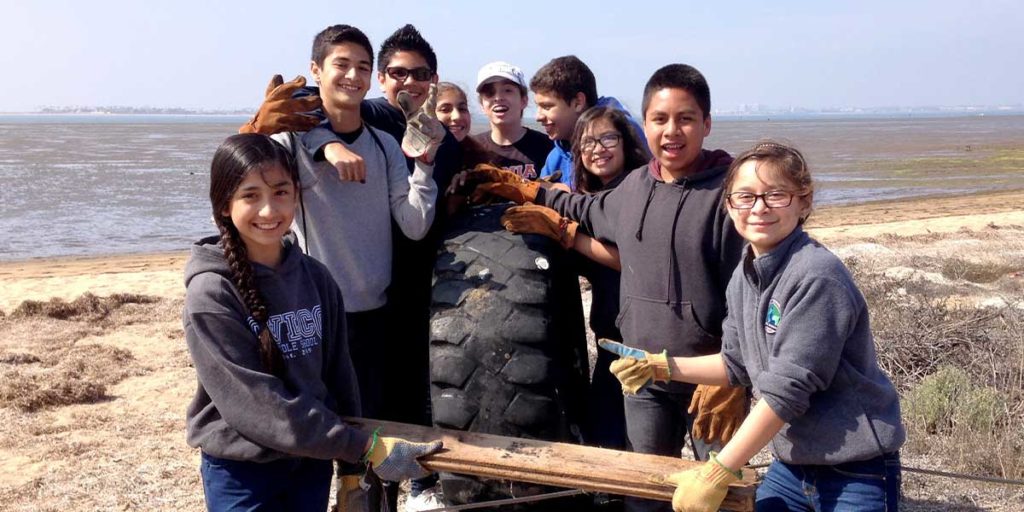Overview
Program includes 90-minute hands-on lesson, docent volunteer guided-tour, lunch space, and time to explore the Living Coast Discovery Center.
Program Times and Schedules
If you arrive after your designated arrival time or leave before the end time, your program will be cut short and modified.
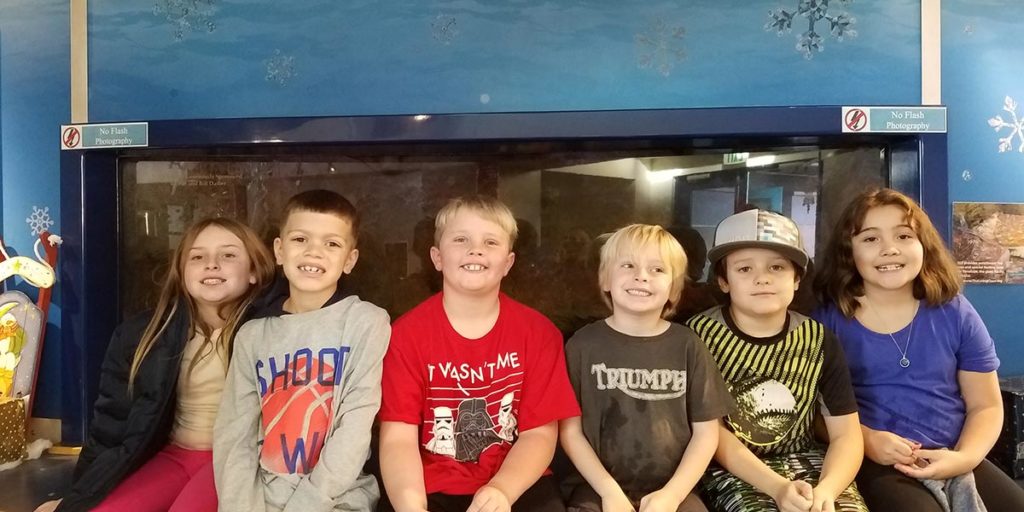
Program Descriptions & Resources
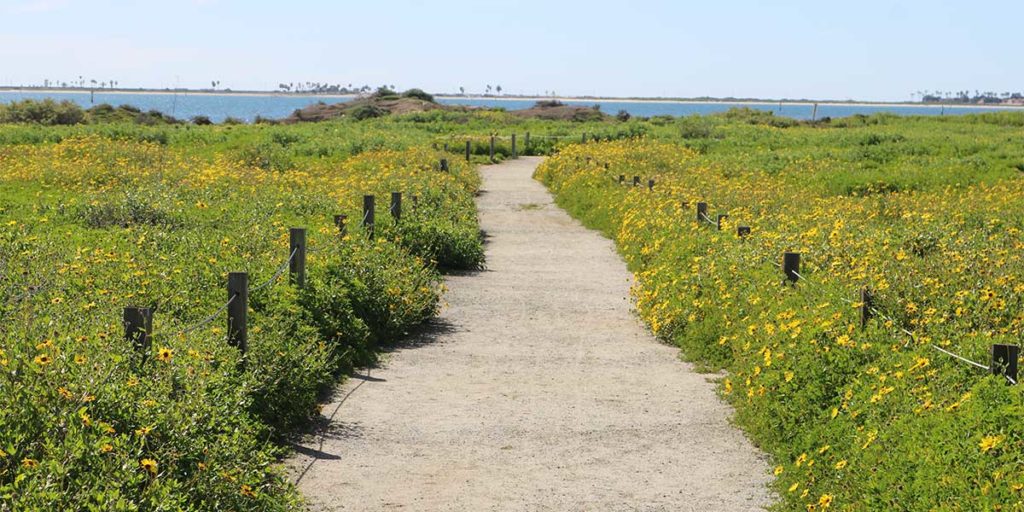
CA History Through Plants (4)
Kumeyaay Native Americans and Spanish Explores have used plants in this area for hundreds of years in many different ways. Become an Ethnobotanist and examine the uses of native and non-native species.
Something’s Fishy (4)
*Extra Dissection Fee for Materials
Get your hands all scaly and slimy with this dissection. Through this fun, interactive dissection, students explore the internal and external parts that help a fish survive its marine habitat.
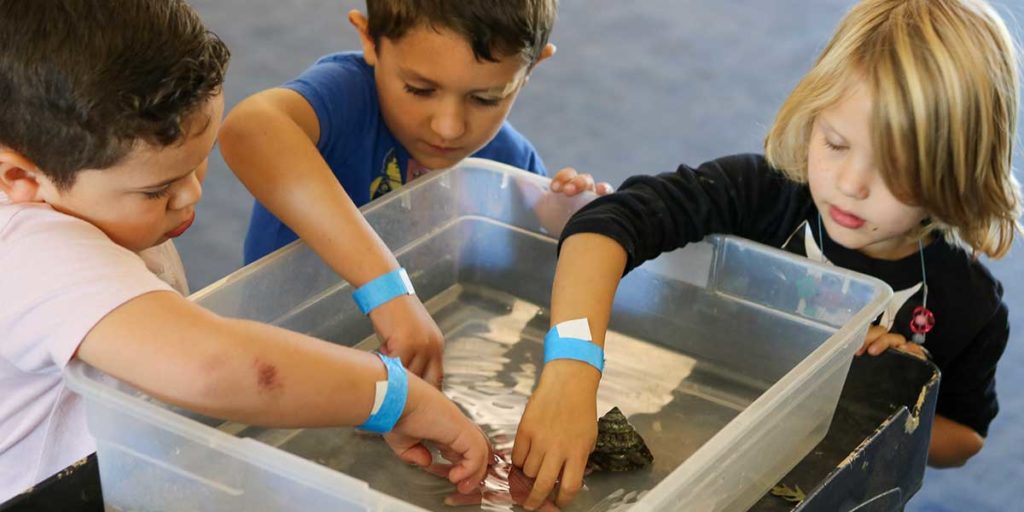
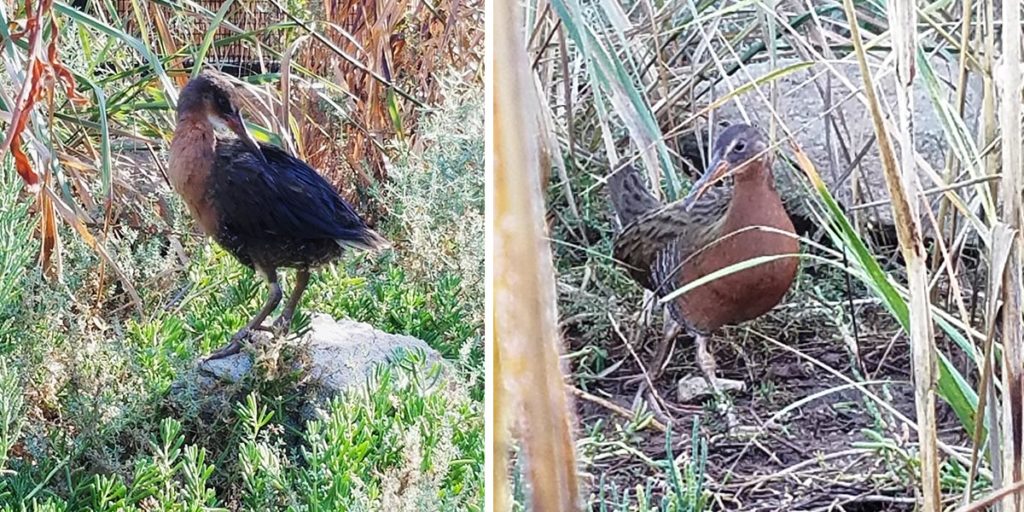
Survivor in the Saltmarsh (4)
Why do birds fly, fish swim, and crabs crawl? Discover, through up close encounters, what structures help saltmarsh organisms survive. Students become experts of structure and function.
Something’s Squidy (5)
*Extra Dissection Fee for Materials
Students will learn about the internal and external parts that help a squid survive its ocean habitat. From three hearts to a reduced shell, the squid is a fascinating mollusk to scientifically study.
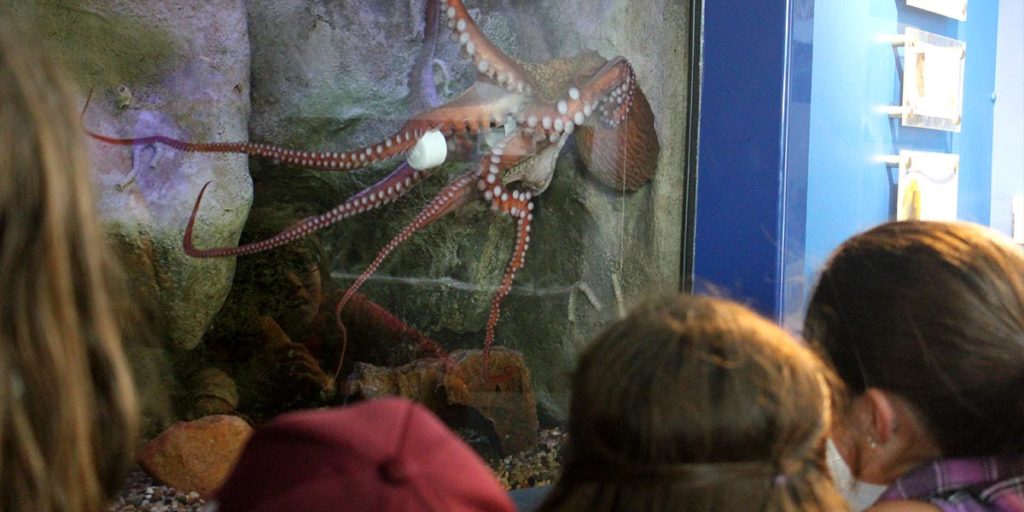
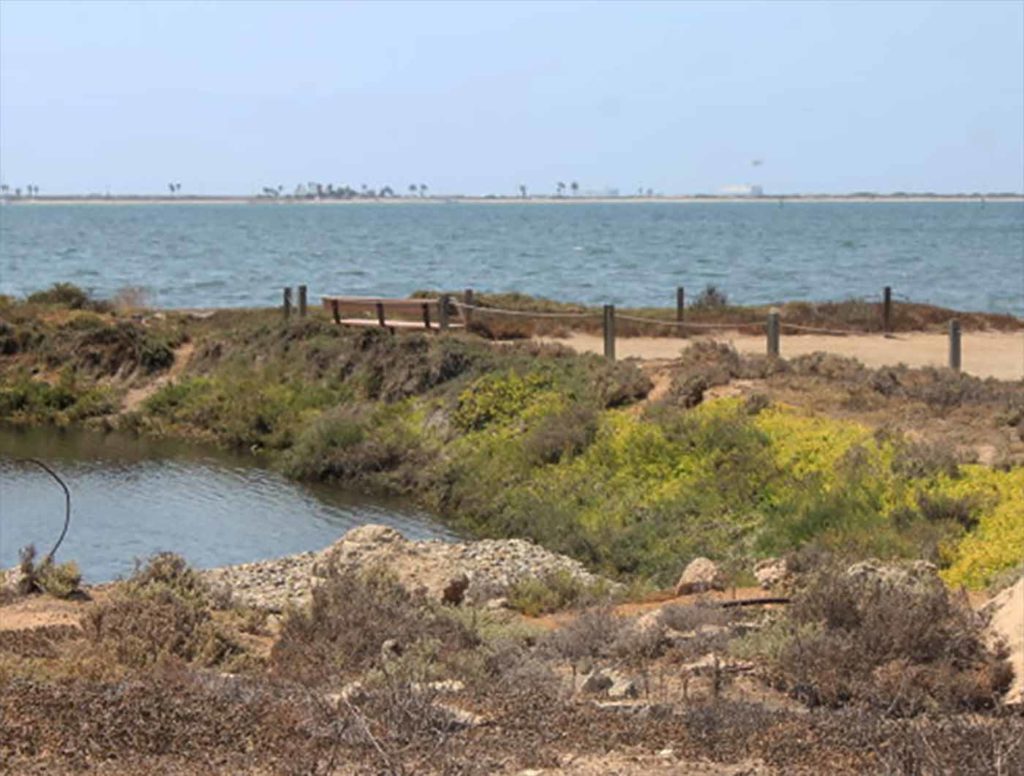
Watershed Chemistry (5)
Students will also collect and view samples of plankton to check its vitality. Students will practice their scientific skills, work in teams, and experience real-life hands-on science on a local watershed.
Food Chain Hunt (5)
Kick start your ecology knowledge with a fun hike on Sweetwater Marsh. Students will study important aspects of ecology such as adaptations, predator-prey relations, and the recycling of matter.
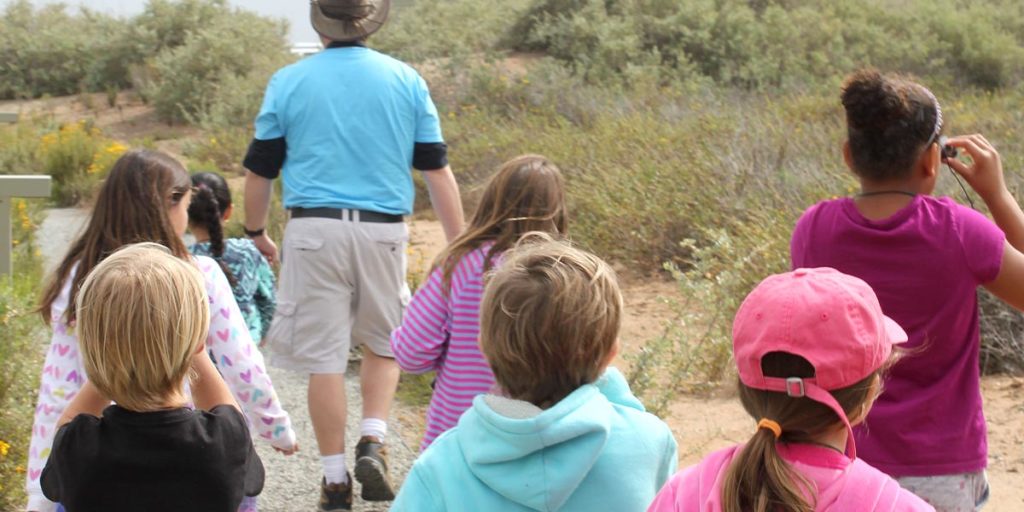
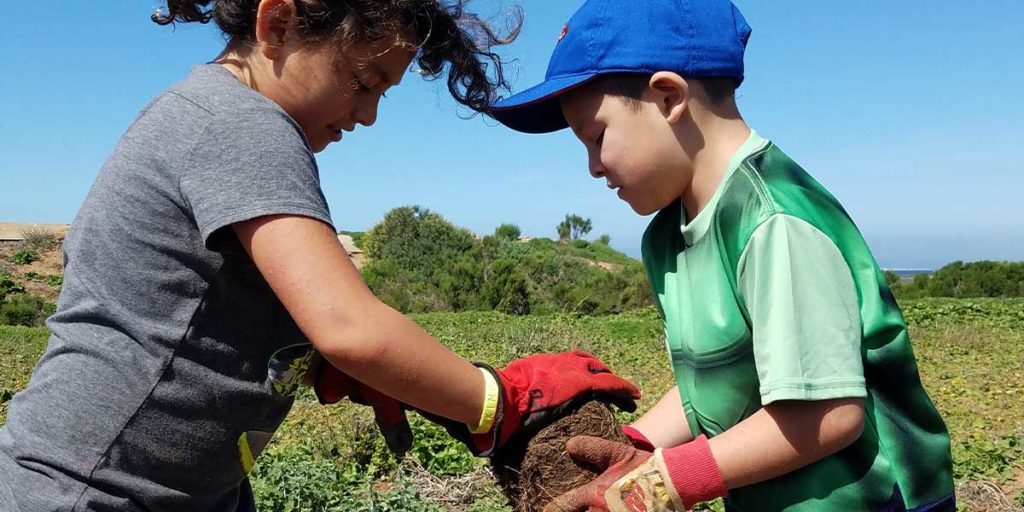
Native Garden (4-5)
*Service Learning Program
Students restore the upland habitat by preparing the area and planting native plants. Students learn what plants need to grow, the proper way to plant, and how to best care for drought-tolerant plants.
Beautify the Bay (4-5)
*Service Learning Program
This program provides an opportunity for students to learn how they directly impact their local coastal environment. Students learn about watershed pollution, have up- close encounters with marine animals and participate in a beach clean-up.
